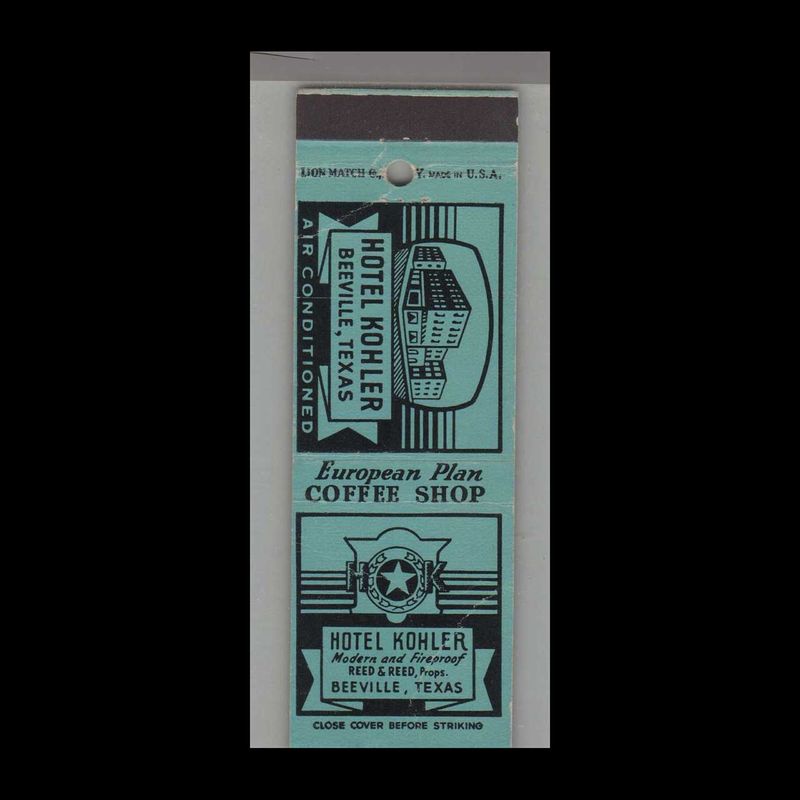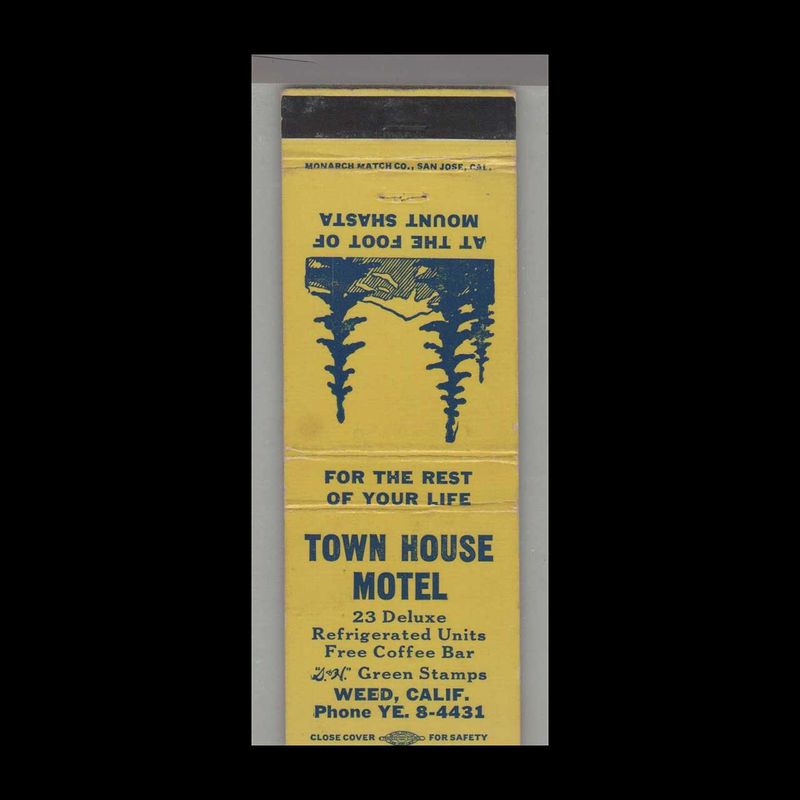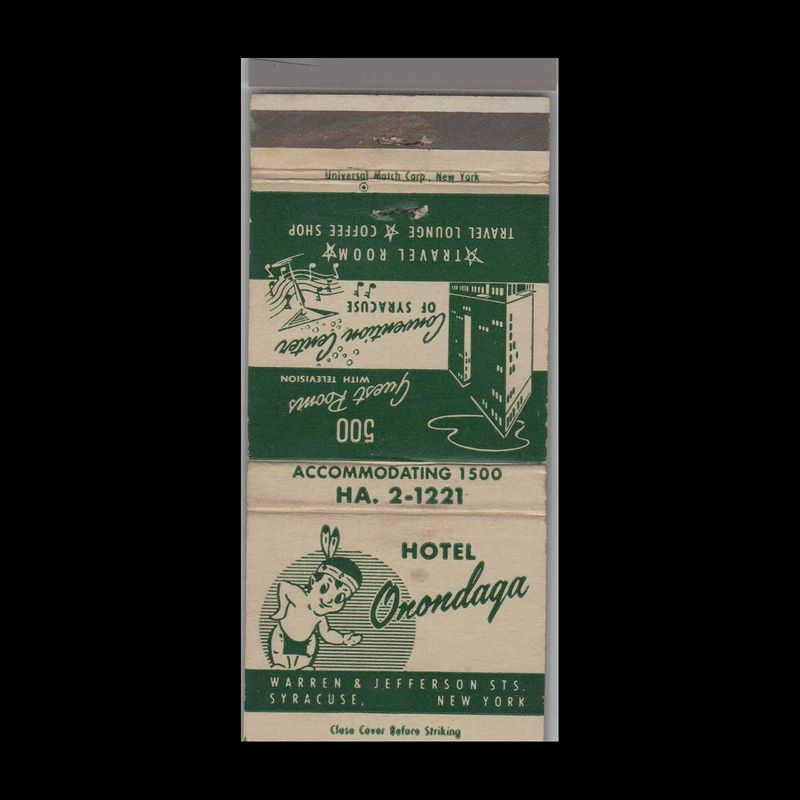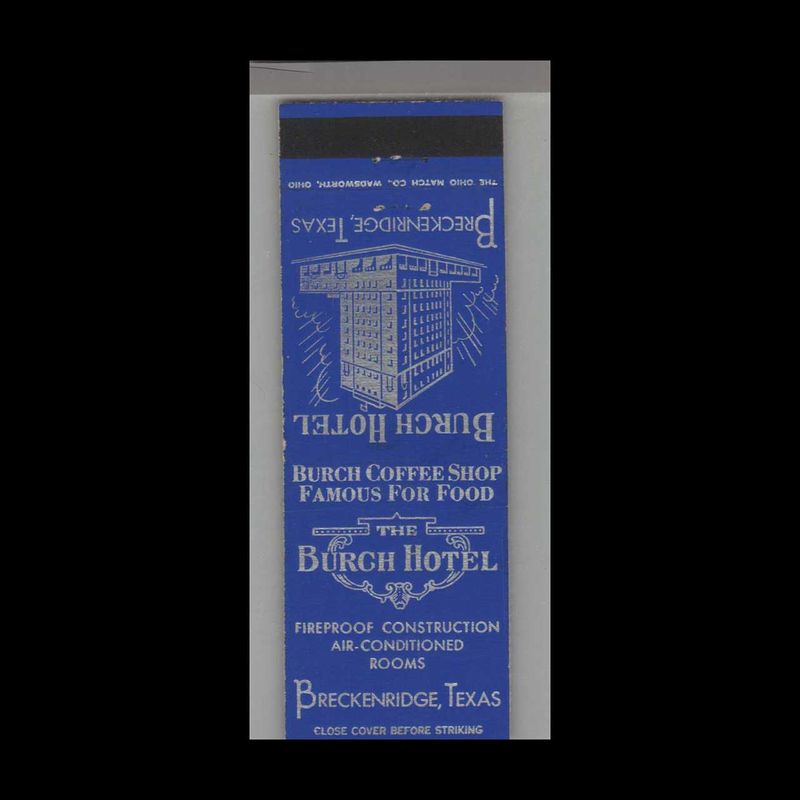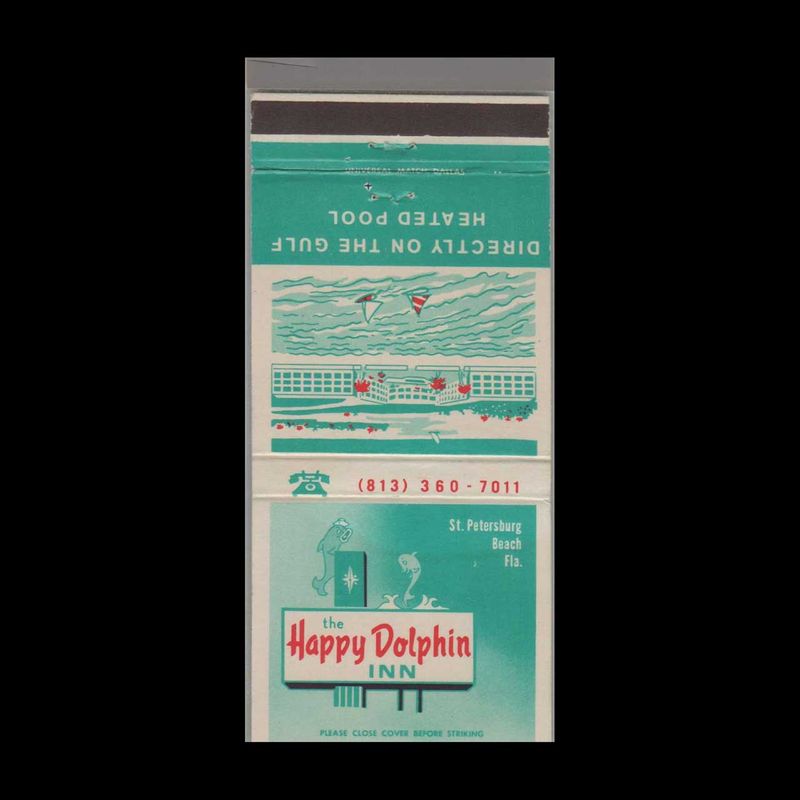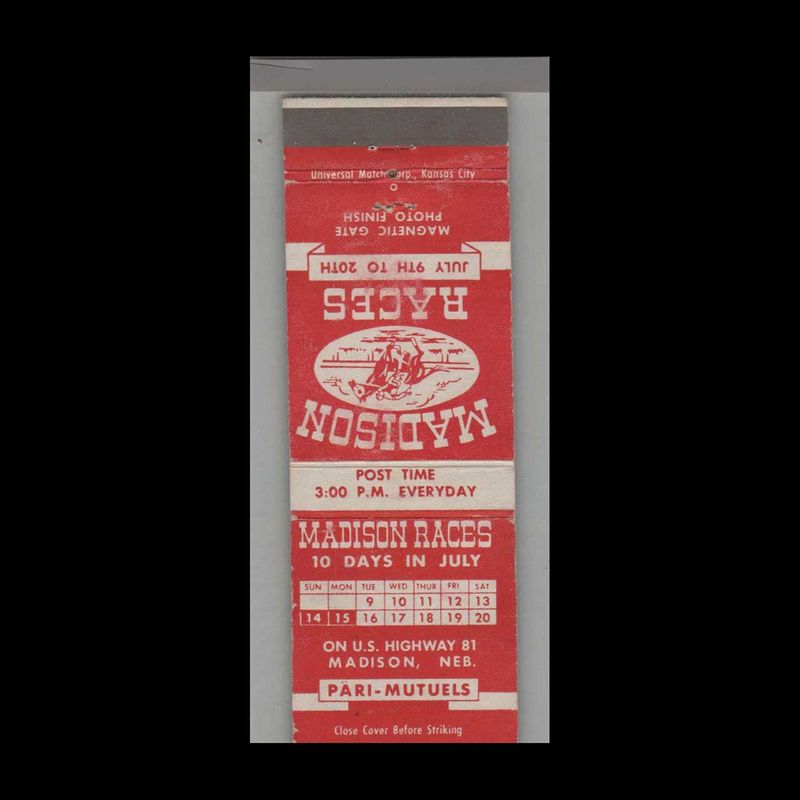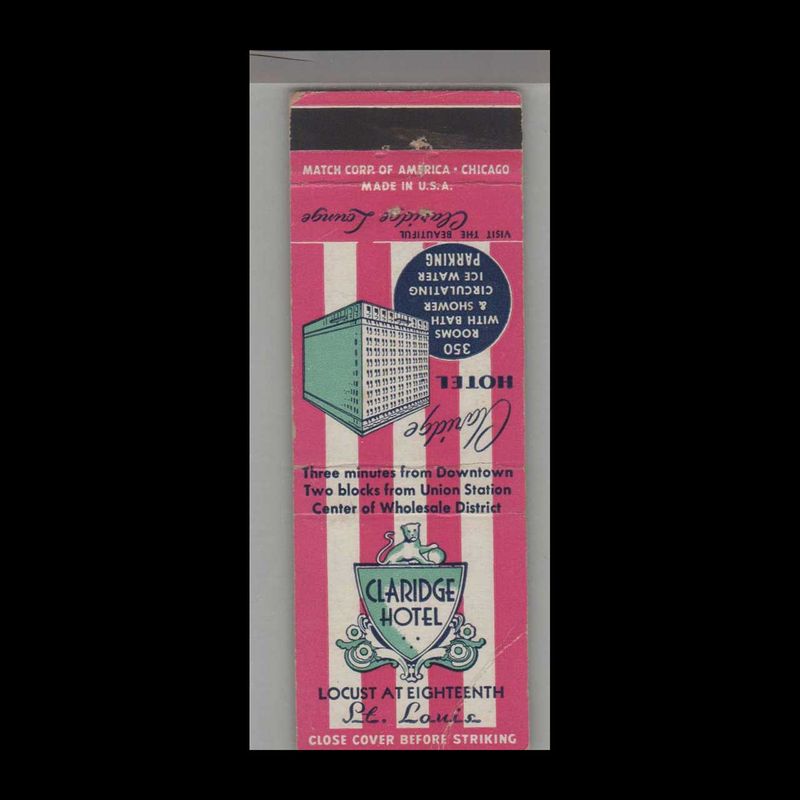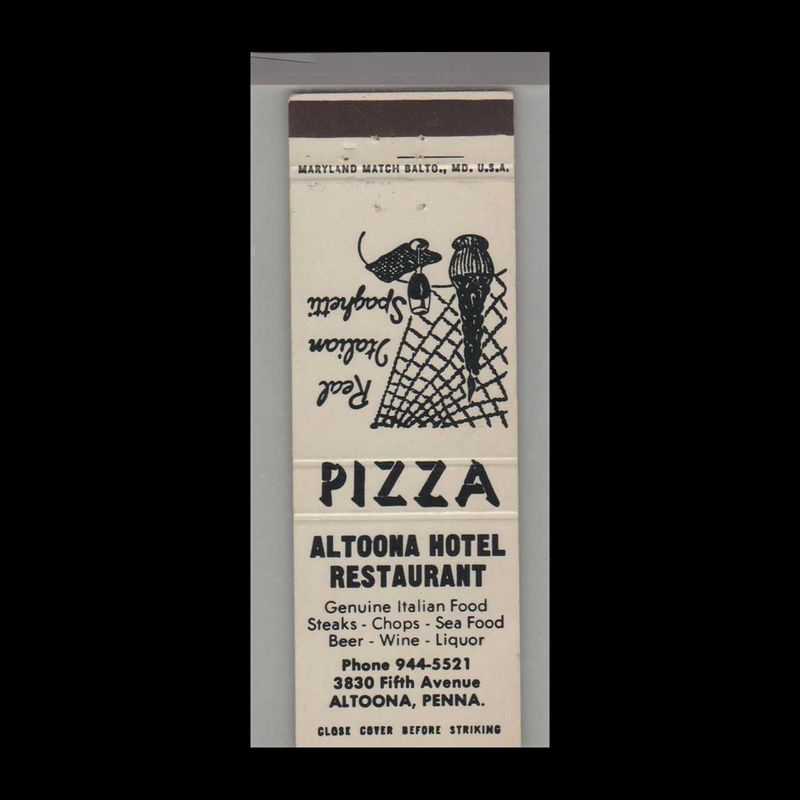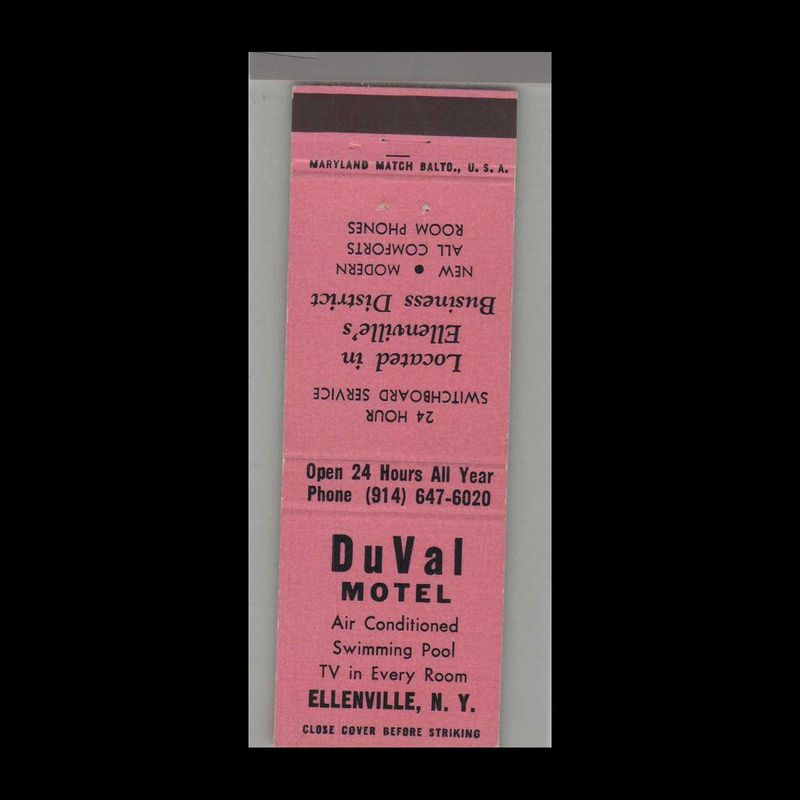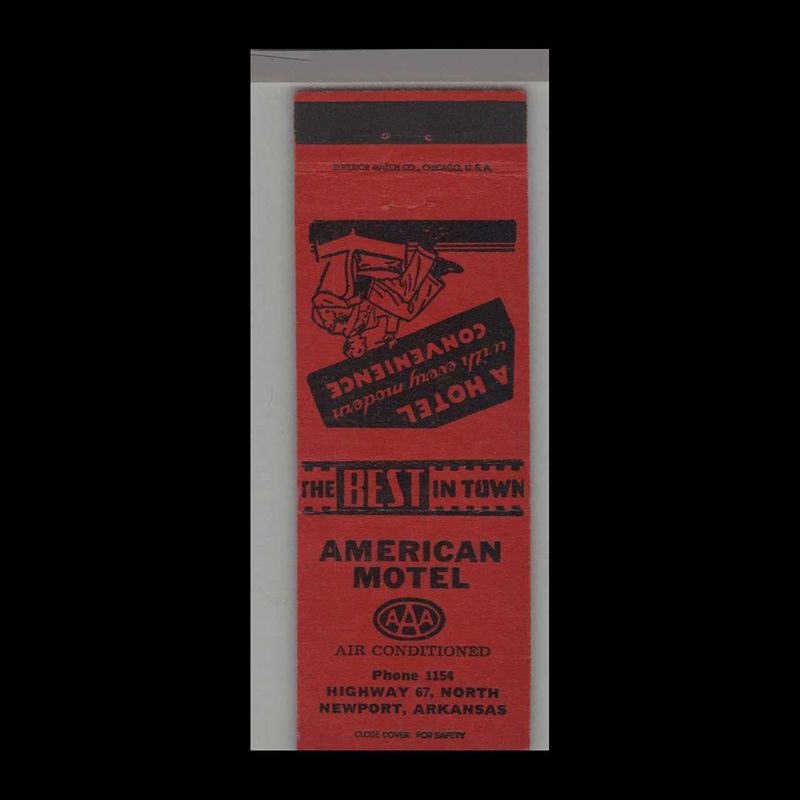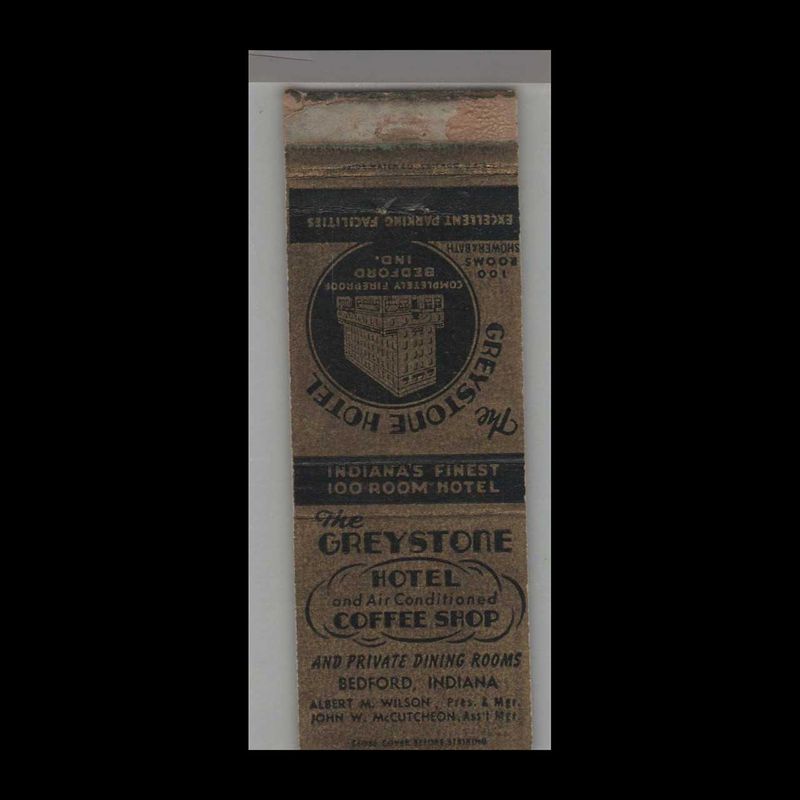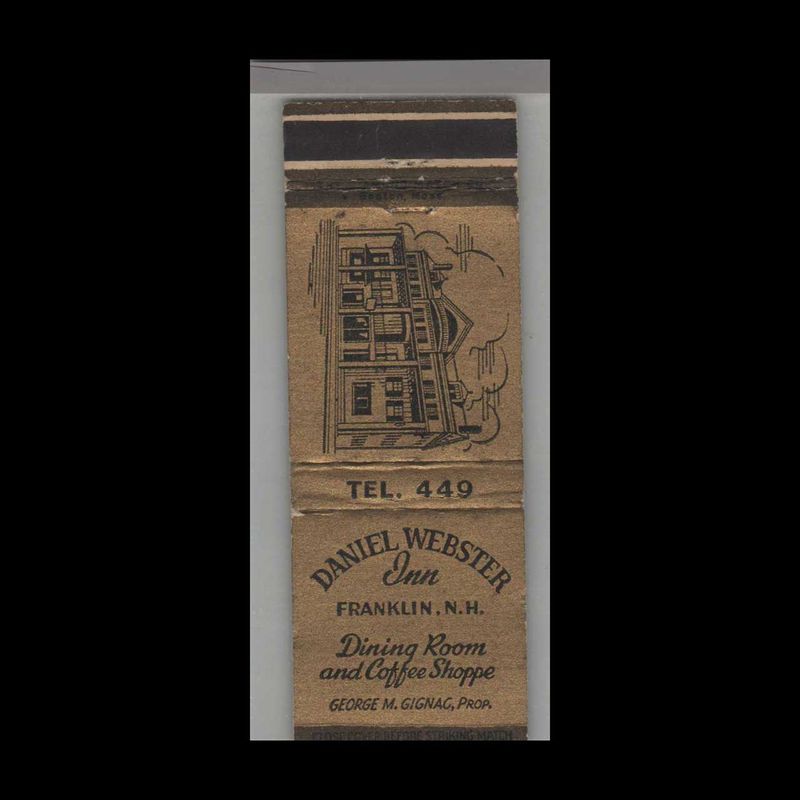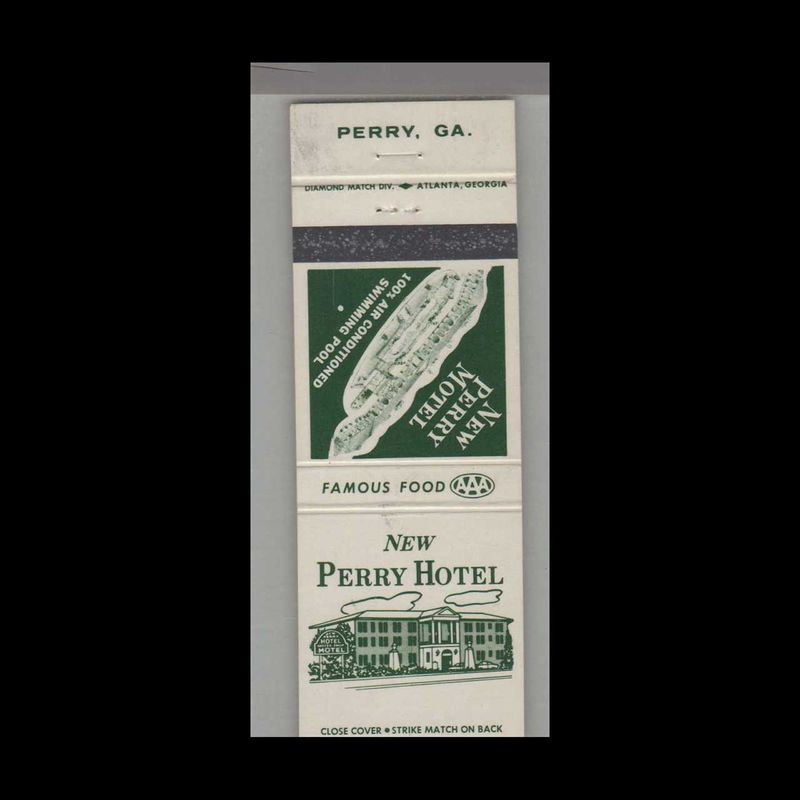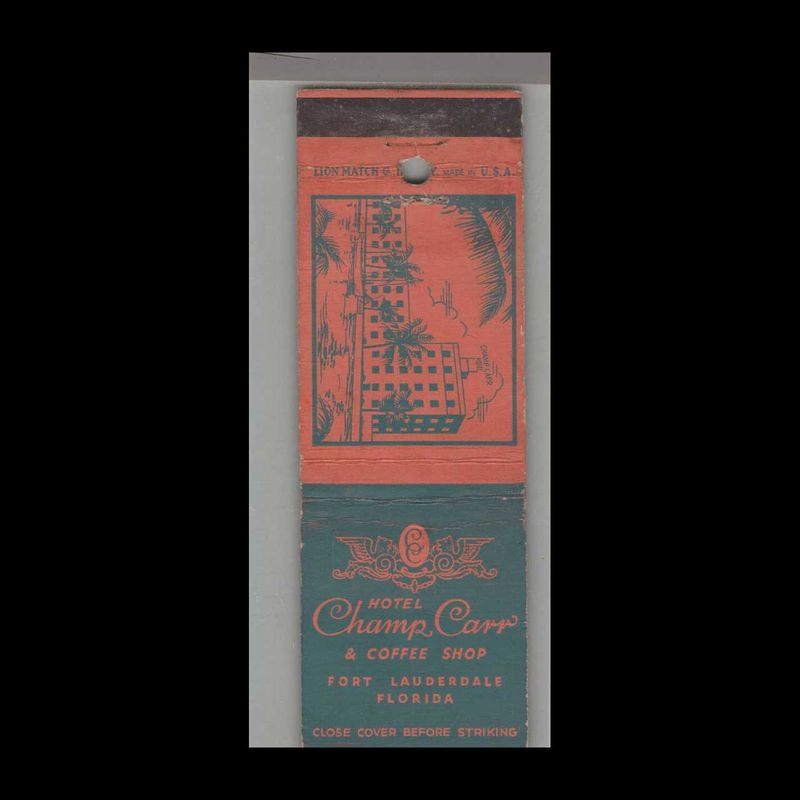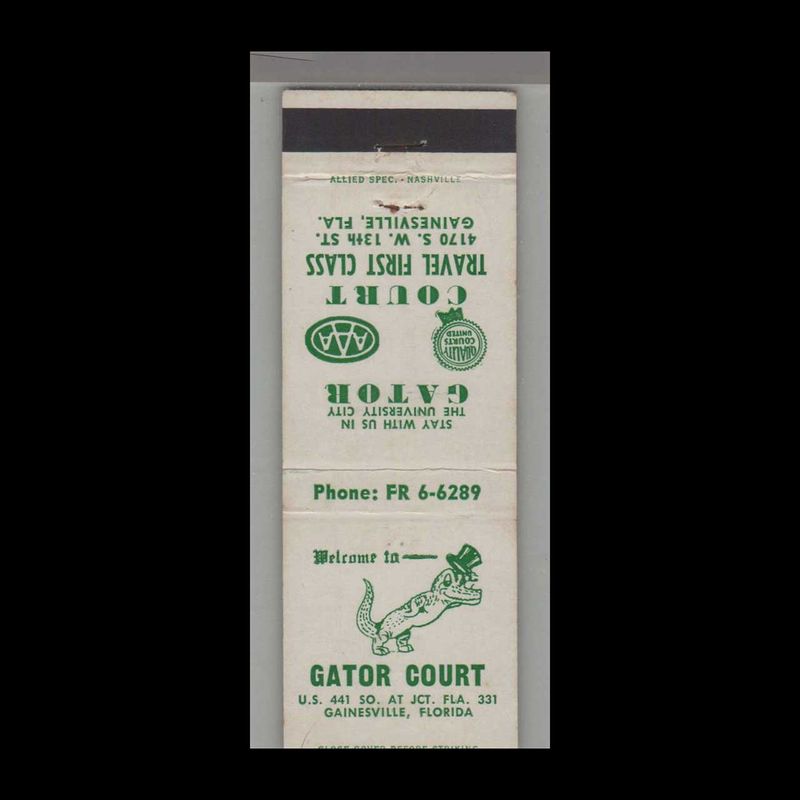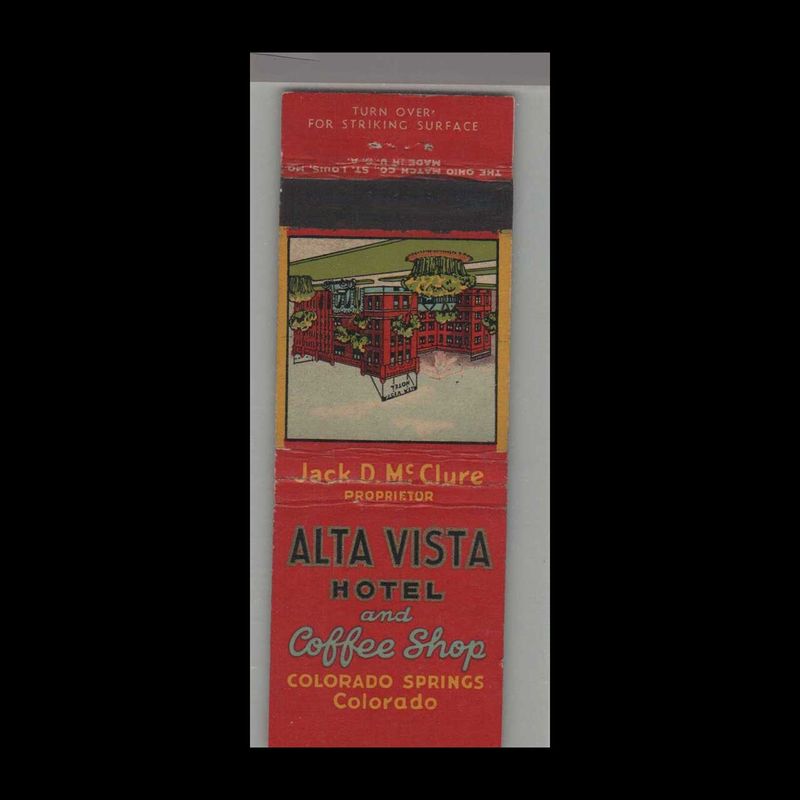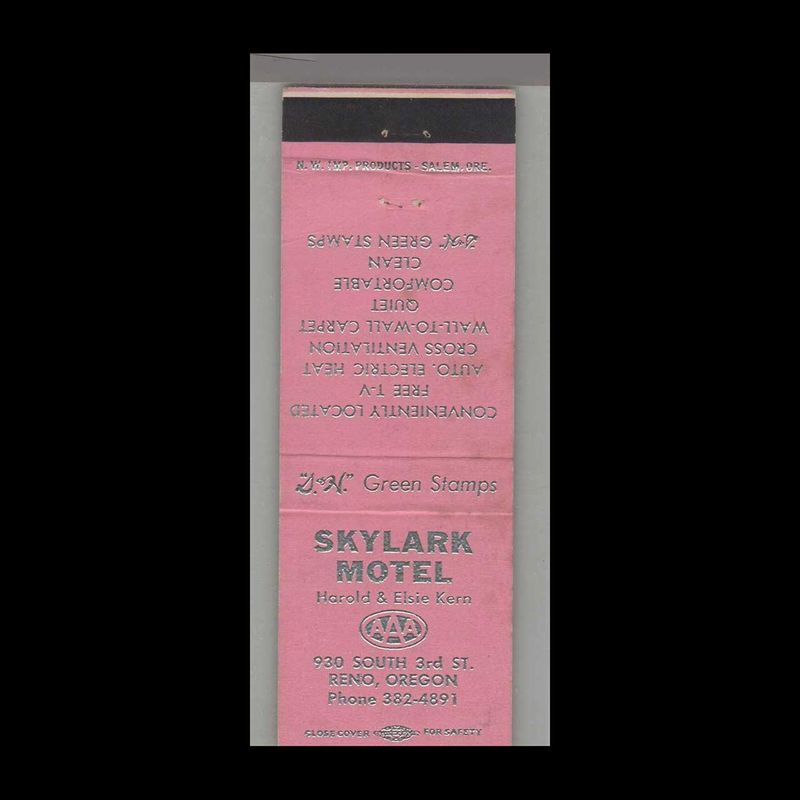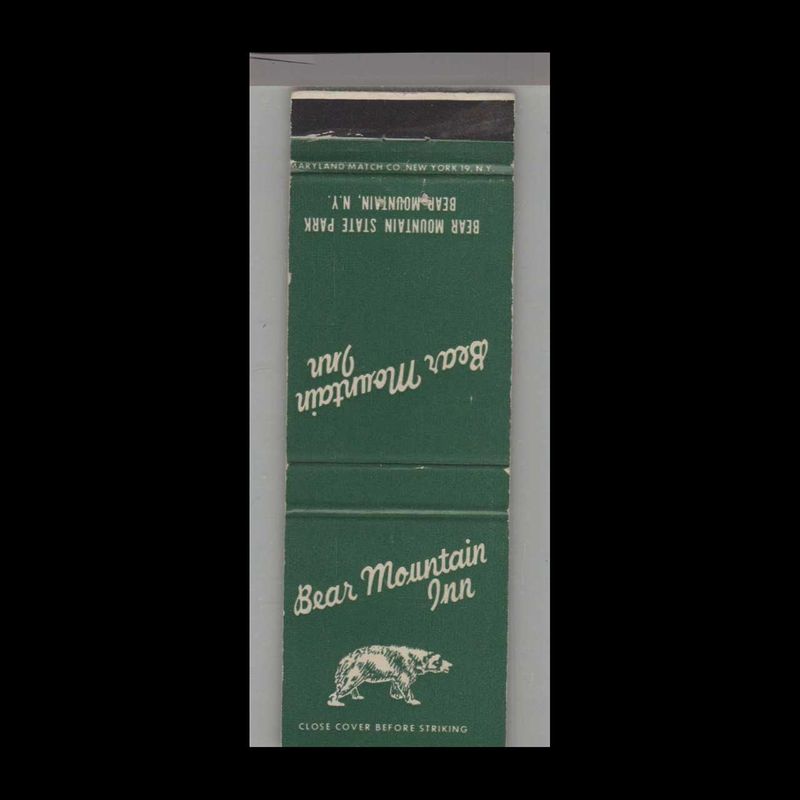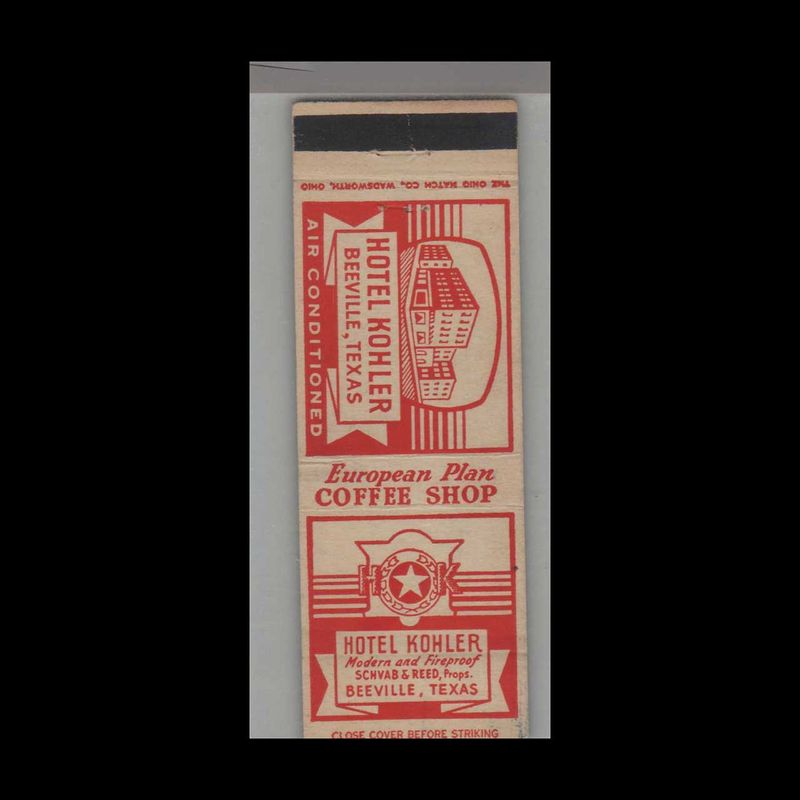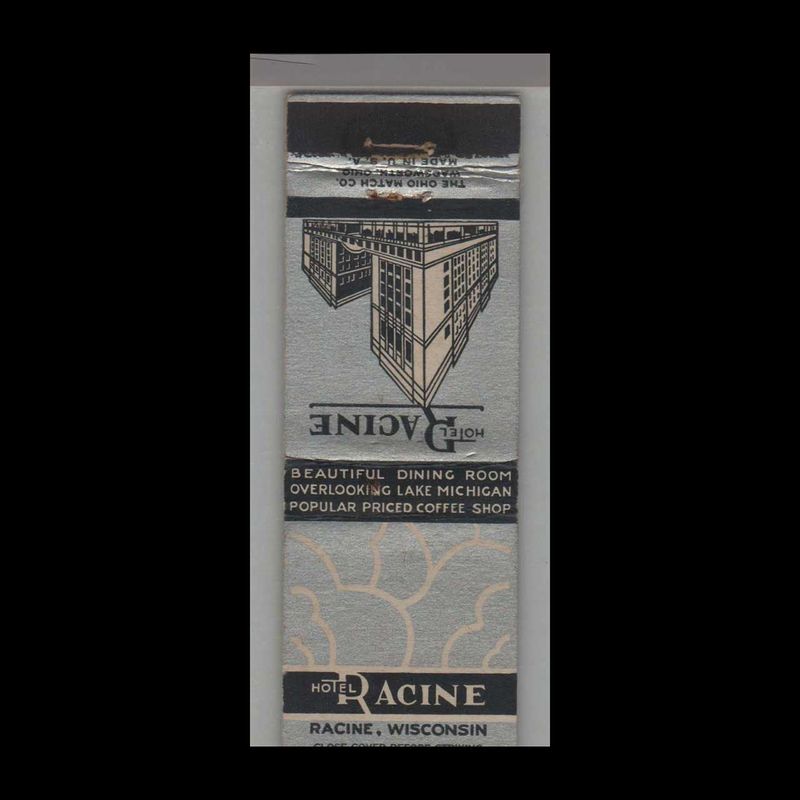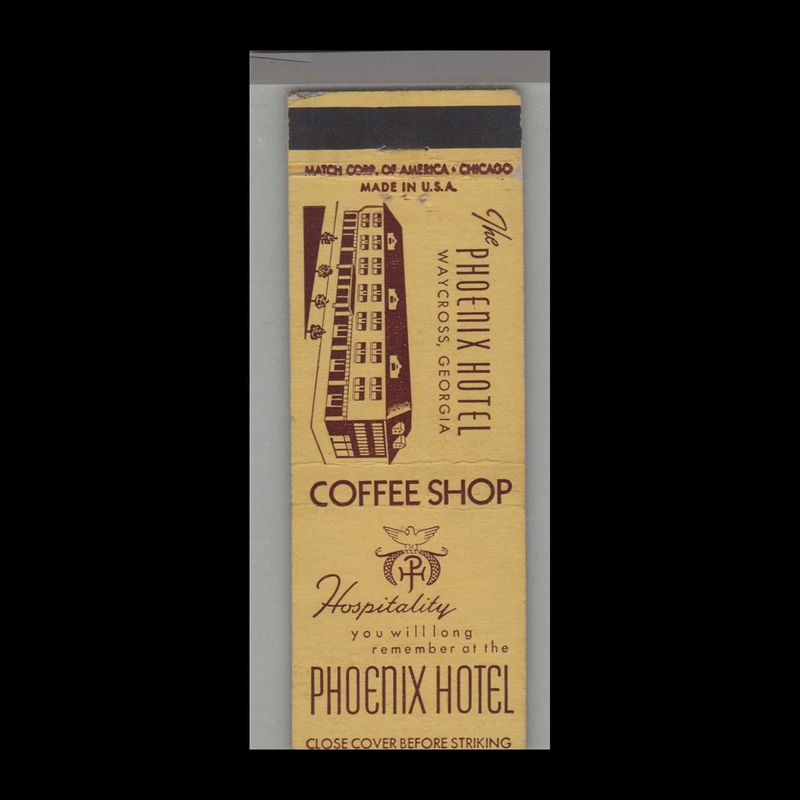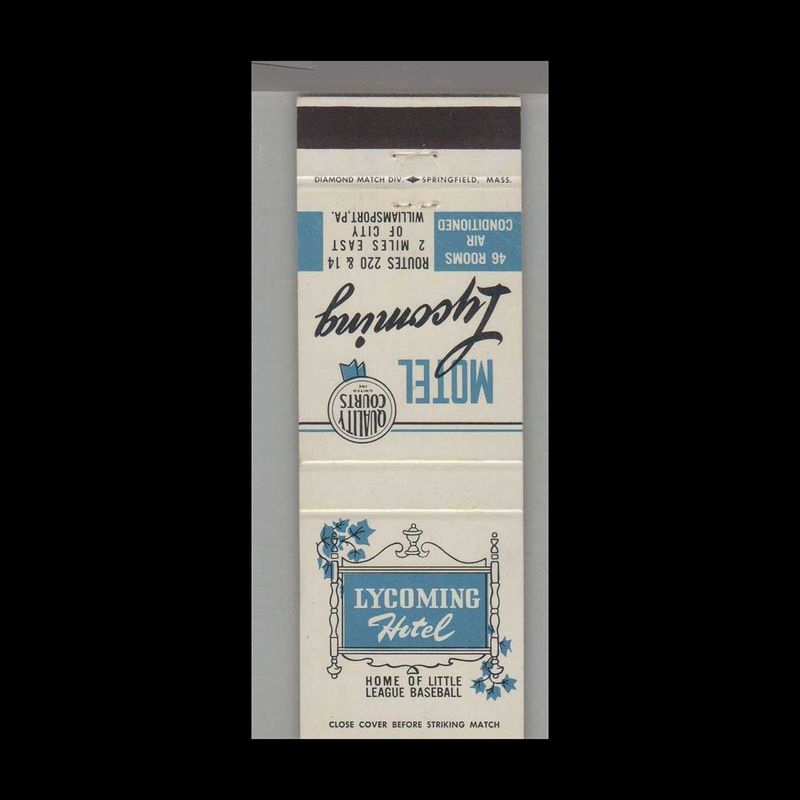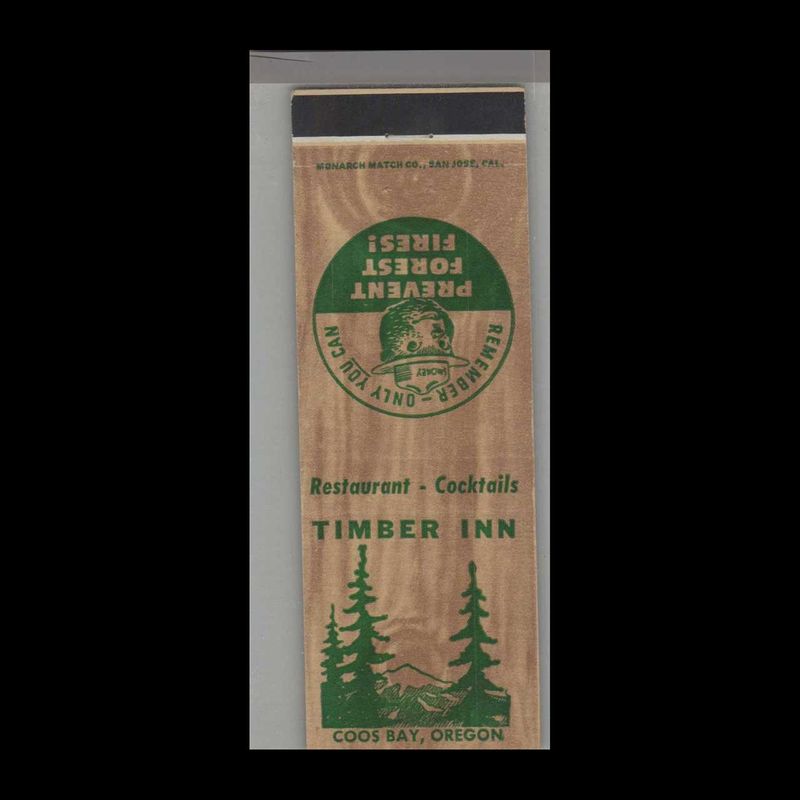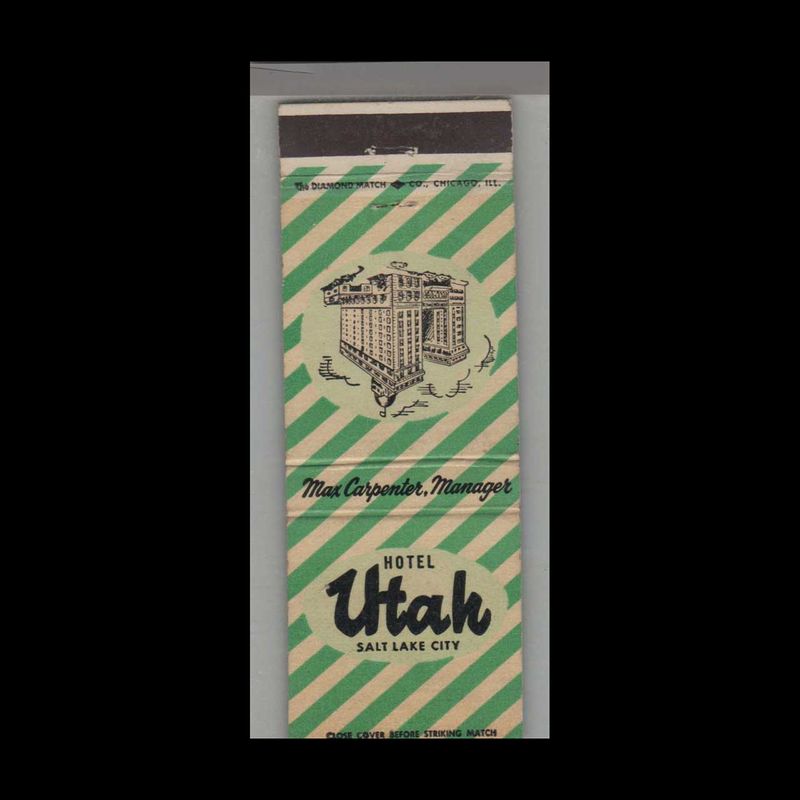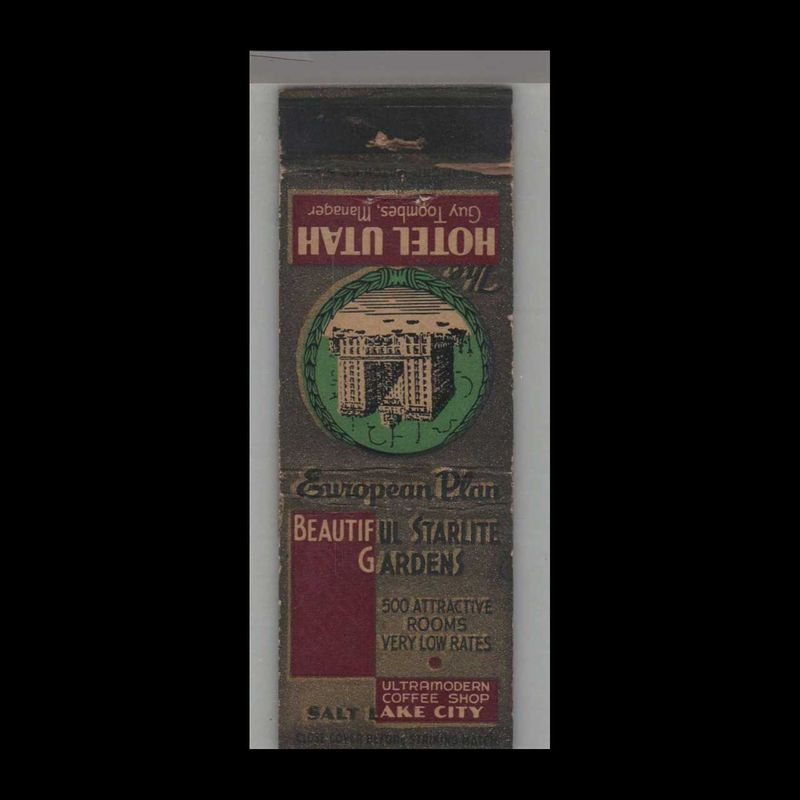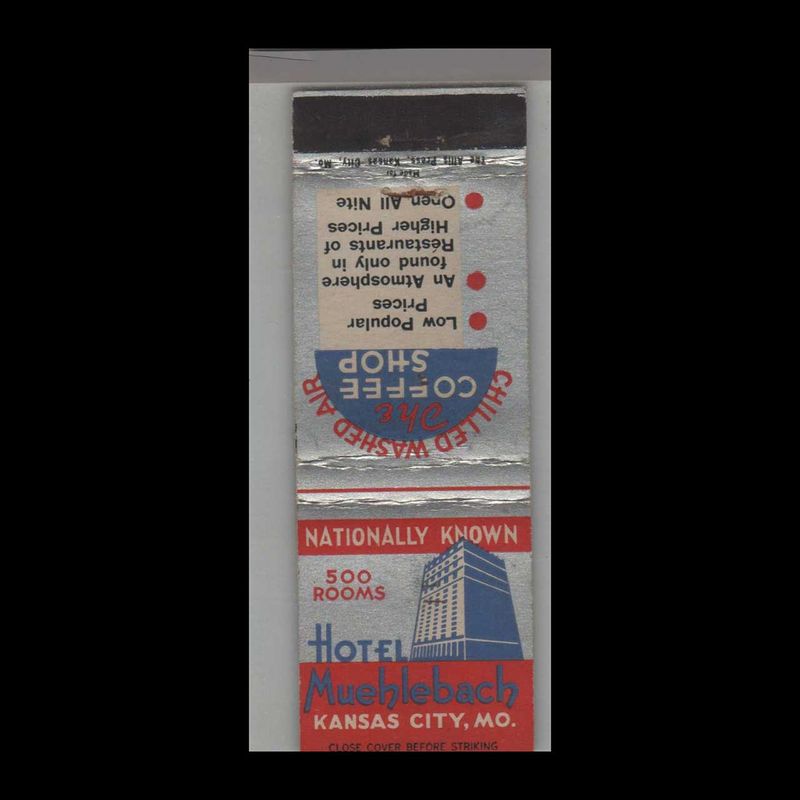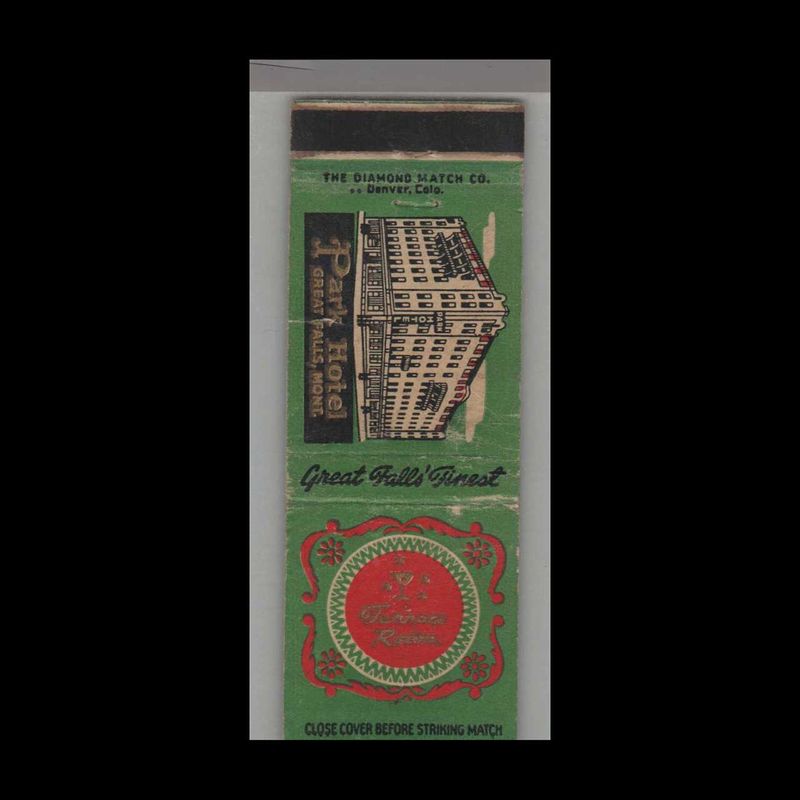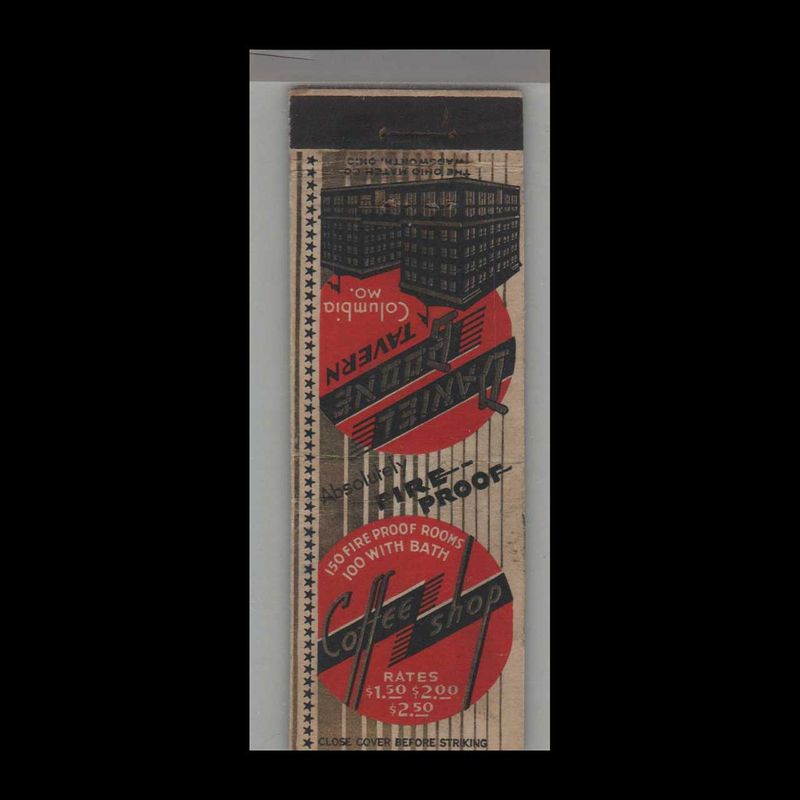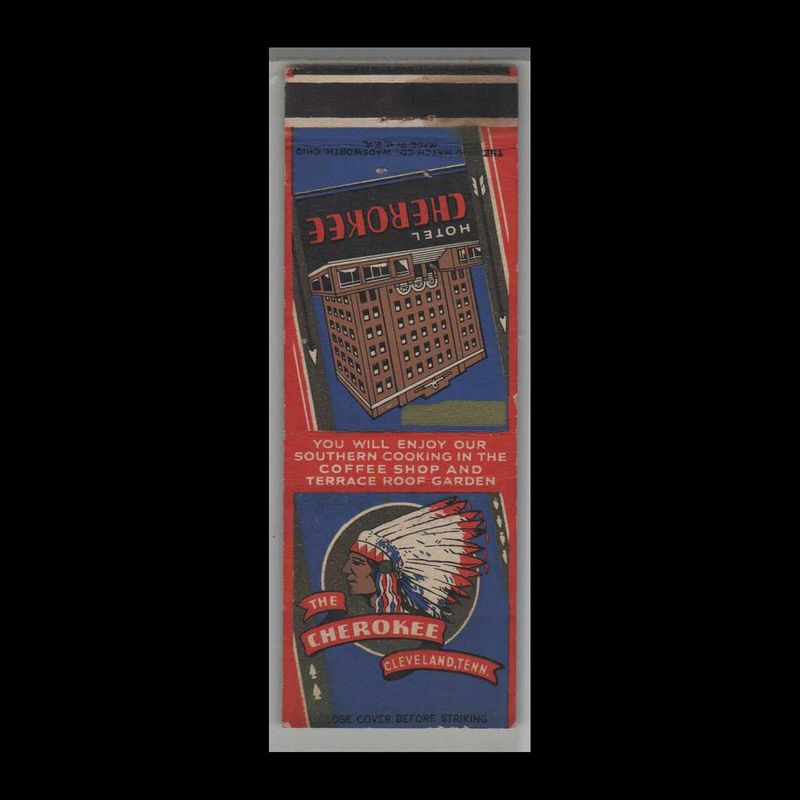Hotels Motels & Other Lodging
Lodging in Style: How Hotels and Motels Used Matchbooks for Advertising
In the mid-20th century, matchbooks became a quintessential advertising tool for businesses across various industries. Among the most notable users were national and local hotels, motels, and other lodging entities. These businesses harnessed the power of matchbooks to promote their services, enhance brand recognition, and create a lasting impression on travelers and locals alike. This article delves into how these establishments effectively used matchbooks as part of their advertising strategies.
Matchbooks as Portable Billboards
Matchbooks served as miniature billboards that fit conveniently into a pocket or purse, making them an ideal advertising medium for hotels and motels. The covers of these matchbooks often featured the lodging entity’s name, logo, address, and contact information. Vibrant designs and eye-catching imagery depicted the hotel's exterior, luxurious rooms, or notable amenities such as pools, restaurants, and lounges. By leveraging these visually appealing elements, hotels and motels could capture the attention of potential guests and convey the quality and allure of their accommodations.
Strategic Distribution for Maximum Reach
Hotels and motels strategically distributed matchbooks to ensure they reached a wide audience. These matchbooks were often placed in lobbies, guest rooms, and at the front desk, ensuring that guests took them as souvenirs. Additionally, they were distributed at local businesses, tourist information centers, gas stations, and restaurants. This widespread distribution helped lodging entities maintain visibility among travelers and locals, encouraging them to consider these establishments for future stays.
Creating Lasting Impressions
One of the key benefits of using matchbooks for advertising was their ability to create lasting impressions. Matchbooks were practical items that people used frequently, ensuring the hotel's name and information remained in the daily lives of potential customers. Whether a guest took a matchbook as a keepsake or a local business distributed it to patrons, the constant exposure helped reinforce the hotel's brand and encourage repeat visits.
Highlighting Unique Selling Points
Matchbooks provided a platform for hotels and motels to highlight their unique selling points. Whether it was a scenic location, exceptional service, or distinctive amenities, these features were prominently showcased on the matchbook covers. Slogans such as "Stay in Comfort" or "Your Home Away from Home" emphasized the value and experience guests could expect. Some matchbooks even included special offers or discounts, incentivizing recipients to choose their establishment over competitors.
Fostering a Sense of Nostalgia and Connection
The nostalgic charm of vintage matchbooks also played a role in their effectiveness as advertising tools. The simple, yet elegant designs evoked a sense of tradition and reliability, qualities that are particularly important in the hospitality industry. Guests who collected matchbooks as souvenirs often felt a personal connection to the places they had visited, enhancing their loyalty to the brand. This sense of nostalgia also made matchbooks appealing collectibles, further extending their reach and impact.
Building Brand Loyalty and Trust
By consistently presenting their brand through matchbooks, hotels and motels were able to build a strong sense of loyalty and trust among their customers. The frequent handling of matchbooks ensured that the lodging entity’s name and image remained top-of-mind, fostering familiarity and reliability. This continuous presence in the lives of travelers and locals helped establish these establishments as trusted choices for accommodation.
Conclusion
The use of matchbooks by national and local hotels, motels, and other lodging entities was a strategic and effective advertising approach. By turning these everyday items into powerful marketing tools, lodging businesses ensured their brand remained visible, accessible, and memorable. The practical utility and frequent handling of matchbooks helped build brand recognition, foster customer loyalty, and enhance the overall visibility of these establishments. Today, vintage matchbooks serve as charming relics, illustrating the innovative ways in which the hospitality industry connected with guests and promoted their services.
